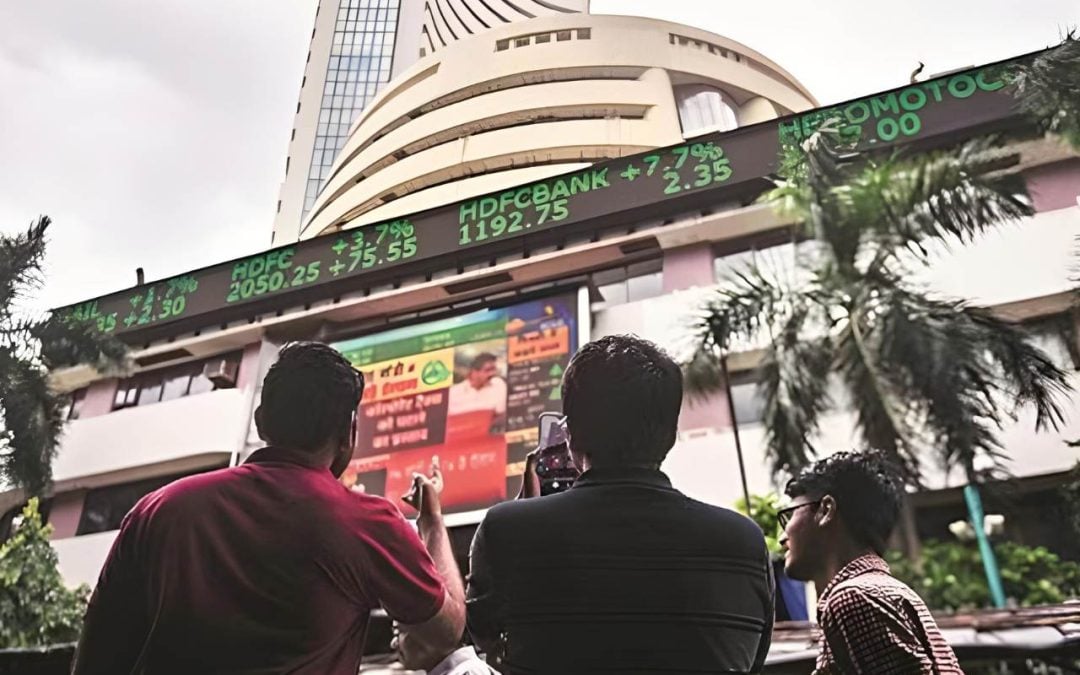The Nifty Realty index has delivered a mixed performance recently, rising 5 percent in H1FY26 but falling 13 percent over the past year. On a six-month basis, the index is down 6 percent, while in the last month it has slipped 5.65 percent. What is driving this uneven performance and cautious investor sentiment?
Lower foreign investment
Foreign capital, which often fuels large-scale real estate projects, has been drying up.
Capital flows into the real estate sector from foreign investors fell significantly, down 36 percent year-on-year in the first nine months of 2025. This decline reflects a cautious global outlook and has weighed on sector sentiment, limiting fresh funding for developers and large projects.
High construction costs
Rising expenses are making real estate less appealing to investors. Sticky input costs and demanding valuations are the major reasons behind investor caution, according to a report by Business Standard in September 2025. Even with the Reserve Bank of India cutting the repo rate by 100 basis points, construction remains costly, putting pressure on margins and slowing investment decisions.
Slow construction speed
Projects are taking longer to complete, creating gaps in the market. The pace of construction has dropped to an eight-year low, widening the gap between new project launches and actual physical delivery. This slowdown impacts cash flows for developers and raises the risk of delayed completions, affecting overall sector performance.
Falling sales trend
Demand is showing signs of cooling, reflecting caution among homebuyers. Sales have slipped slightly for four consecutive quarters, down about 7-8 percent from peak levels across 75 cities monitored by Liases Foras. The decline indicates early signs of cooling demand and is contributing to the muted performance of real estate stocks.
Gap between launches and delivery
More projects are announced than are being executed, raising execution risks. Developers continue to announce new projects, but fewer are under construction. The share of projects being actively developed has fallen from 65-75 percent earlier to nearly 50 percent in some cities. This gap signals labour shortages, approval delays, and funding issues, increasing risks of project delays, weaker cash flows, and margin pressures. These trends are visible across both tier-1 and tier-2 cities, indicating a pan-India challenge.
Expensive stock valuations
High valuations have made investors wary of real estate equities. Stocks such as Prestige Estates, Signature Global, Sobha, Keystone Realtor, Kolte Patil Developers, Mahindra Lifespace Developers, DLF, Ashiana Housing, Godrej Properties, and Sri Lotus are trading above the industry price-to-earnings ratio. Elevated valuations have discouraged fresh investment despite some underlying demand in premium housing.
Indexation Removal
Policy changes are also affecting long-term investor decisions. In 2024, the government removed the indexation benefit for property sales, significantly impacting long-term capital gains tax for real estate investors. Previously, indexation allowed adjustment of the purchase price for inflation, reducing taxable gains.
Without it, taxable gains are calculated simply as the difference between sale price and original cost, increasing the tax burden. This has made potential investors and homebuyers more cautious, contributing to a slowdown in sector activity.
-Manan Gangwar
Disclaimer

The views and investment tips expressed by investment experts/broking houses/rating agencies on tradebrains.in are their own, and not that of the website or its management. Investing in equities poses a risk of financial losses. Investors must therefore exercise due caution while investing or trading in stocks. Trade Brains Technologies Private Limited or the author are not liable for any losses caused as a result of the decision based on this article. Please consult your investment advisor before investing.


